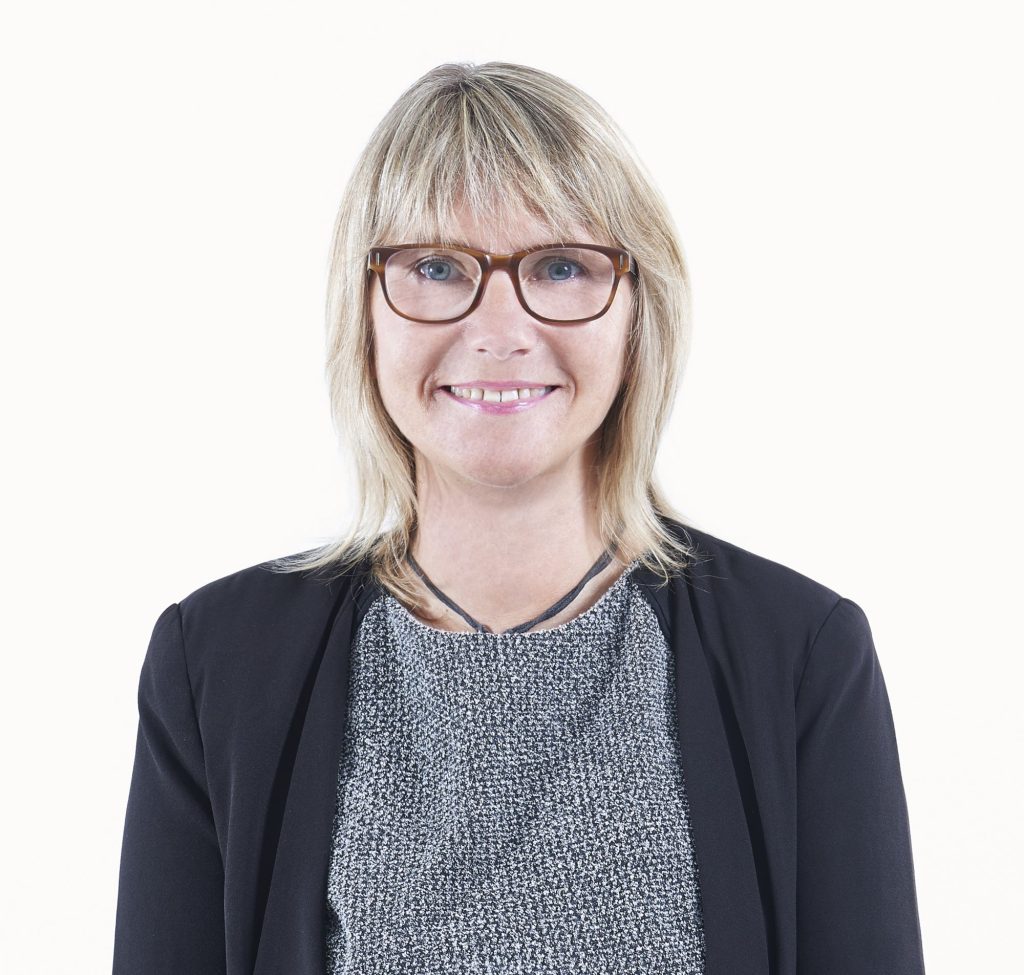By Professor Lynne Jack, Associate Principal (International Research) and Director of the Centre of Excellence in Smart and Sustainable Construction at Heriot-Watt University Dubai

With building and construction activities responsible for 39 per cent of global carbon emissions, it’s imperative that the construction sector takes a leading position in sustainability and climate change conversations. The sector’s environmental impact and its overwhelming growth highlight the necessity for it to be a primary focus in addressing global sustainability challenges. The building and construction industry’s impact on carbon emissions is extensive, stemming from energy consumption throughout construction, the operational lifecycle of structures, and even their eventual demolition. Acknowledging this, the sector needs to adopt environmentally responsible practices and embrace innovative, low-carbon construction techniques. The 28th Conference of the Parties (COP28) marks a crucial moment in the global effort to combat climate change. As the international community gathers to address the urgent need for climate action, the UAE has emerged as a significant player in sustainable infrastructure development.
The construction industry in the region is now embracing new strategies centered around sustainable design and environmentally friendly construction practices. In alignment with this paradigm shift, real estate developers have adopted practices that are helping them move towards achieving net-zero buildings, expediting a move towards environmentally conscious construction practices. The prioritisation of sustainable operations has impacted nearly all sectors within the UAE. The UAE’s 2050 Vision initiative sets an ambitious goal for the nation to be the first in the MENA region to attain net-zero emissions by 2050. The UAE has consistently implemented a solid strategy in its approach to construction projects, demonstrating a strong dedication to cost efficiency while simultaneously aligning with the UN Sustainable Development Goals (SDGs). This strategic approach entails careful planning and decision-making at various stages of construction, from design to execution.
This strategy illustrates the UAE’s all-encompassing and forward-looking perspective on construction and sustainable development, aligning its advancement with global sustainability objectives. A fundamental aspect of the UAE’s sustainable infrastructure advancement lies in its focus on renewable energy sources. The nation has positioned itself as a trailblazer in the utilisation of solar power, exemplified by initiatives such as the Noor Abu Dhabi, the world’s largest single-site solar power project, and Masdar City, a vibrant centre for research in clean technology and renewable energy. These initiatives stand as testament to the UAE’s commitment to clean and sustainable energy solutions, reinforcing its position as a prominent global leader in the ongoing transition toward renewable resources.
Within the domains of architecture and urban planning, the country is proactively integrating sustainable design principles into its infrastructure initiatives. One striking example is the Museum of the Future, an iconic structure that not only serves as a cultural and technological hub but also embodies sustainable design principles. The façade of the museum is adorned with a beautiful geometric pattern that uses Arabic calligraphy to spell out its name. This pattern serves a dual purpose – it acts as a shading system, reducing the amount of solar heat gain and glare, and allows natural light to filter into the building. Additionally, it utilizes solar power while enhancing the aesthetic appeal of the building. The Museum of the Future and similar iconic structures not only symbolise the UAE’s pursuit of architectural excellence but also establish a formidable precedent for environmentally responsible construction and design practices on a global scale. By incorporating such sustainable elements into its landmark projects, the UAE demonstrates a multifaceted dedication to promoting eco-friendly urban development and innovation, positioning itself at the forefront of sustainable architectural advancements and inspiring similar endeavours worldwide. This holistic approach aligns with broader goals of reducing environmental impact and fostering sustainable living environments for future generations.
The UAE has established specialised research centres and innovation hubs, such as the Masdar Institute and the Mohammed bin Rashid Al Maktoum Solar Park Research and Development Center, to lead advancements in sustainability within the area of infrastructure and energy. The Masdar Institute, situated within the innovative ecosystem of Masdar City, plays a pivotal role in nurturing research and development activities related to renewable energy, sustainable technologies, and sustainable urban planning. It serves as a hub for cutting-edge research and fosters collaboration with international institutions, bringing forth innovative solutions to address environmental challenges. Furthermore, the Mohammed bin Rashid Al Maktoum Solar Park Research and Development Center serves as a crucible for innovation in solar energy. Its focus on research is instrumental in improving solar technology, increasing energy efficiency, and driving down costs associated with solar power generation. This facility aids in consolidating the UAE’s position as a pioneer in the adoption and development of renewable energy resources.
In the run-up to COP28, the country has engaged in partnerships with various nations, sharing its experiences and knowledge in sustainable infrastructure development. It is estimated that 140,000 people will be arriving in the UAE for COP28, to discuss the Paris Agreement and assess progress towards it. During this time, Heriot-Watt University Dubai will set aside two floors of its campus in Dubai Knowledge Park as a Climate Hub to host visitors from around the world and engage in various insightful discussions to address topics of global concern. These collaborations strengthen the collective efforts to combat climate change and pave the way for a greener and more sustainable future. As COP28 unfolds, the UAE’s commitment to reducing its carbon footprint and investing in environmentally responsible infrastructure projects will be on display for the world to see. The UAE’s efforts are testament to the importance of sustainable development and the pivotal role it plays in addressing climate change. The country’s innovation projects, commitment to renewable energy, and investment in research and innovation serve as a beacon of hope in the challenges presented by climate change, inspiring others to follow suit on the path to a more sustainable and environmentally responsible future.












